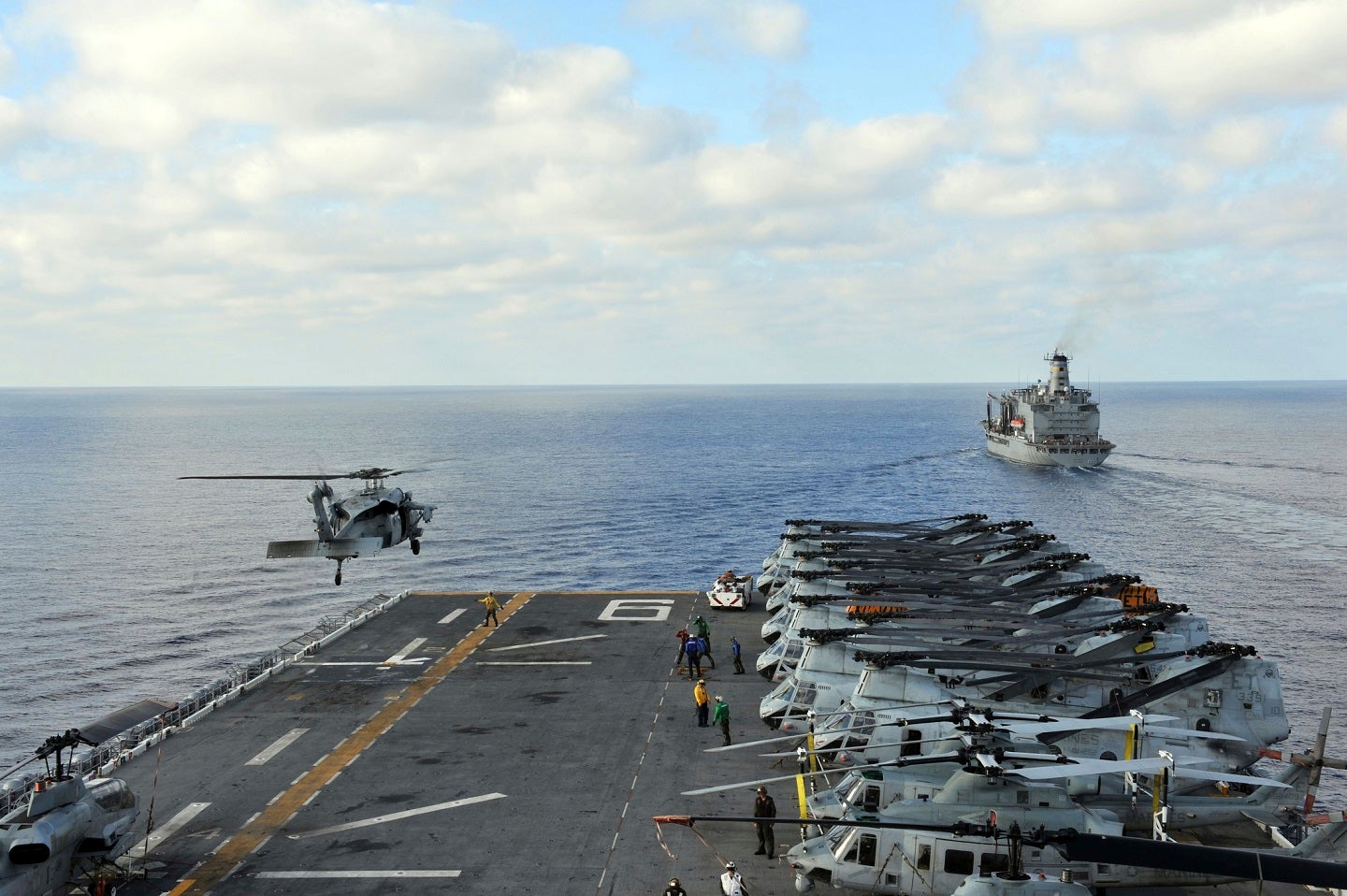
Countries around the world are jostling to maintain their interests at sea more than ever before. This is largely due to the geopolitical tensions across the Indo-Pacific. Within this boiling pot of competing interests in the region, the US Department of Defense (DoD) has released its annual Freedom of Navigation Operations (FONOPs) in its report for the fiscal year 2022.
FONOPs are protests made by the DoD against “excessive maritime claims”. These protests challenge claims the DoD considers “unlawful maritime claims – or incoherent theories of maritime entitlements – [that] pose a threat to the legal foundation of the rules-based order”.
The DoD makes its FONOPs in acordance with the UN Convention on the Law of the Sea (UNCLOS). This regulation is an international agreement that establishes a legal framework for all maritime activities.
The DoD’s newly released report for the FY 2022 makes 22 FONOPs, made by 15 different international claimants. While almost all of them are on strategic areas of interest to the DoD, four of these are located in the Indo-Pacific region, and five of them are directly attributed to the People’s Republic of China (PRC).
The report emphasises that “FONOPs challenge a wide variety of excessive maritime claims, including those made by allies, partners, and competitors.
“They are not focused on any particular excessive claimant, and they are not executed in response to current events. Rather, their purpose is to reinforce international law peacefully and in a principled, unbiased manner.”
How well do you really know your competitors?
Access the most comprehensive Company Profiles on the market, powered by GlobalData. Save hours of research. Gain competitive edge.

Thank you!
Your download email will arrive shortly
Not ready to buy yet? Download a free sample
We are confident about the unique quality of our Company Profiles. However, we want you to make the most beneficial decision for your business, so we offer a free sample that you can download by submitting the below form
By GlobalDataContrary to this sentiment, the US is not a signatory of UNCLOS, although it recongises the legal framework it sets out and encourages other nations to abide by its provisions.
Upon the adoption of the Convention in 1982, the US declined to sign or ratify UNCLOS, though the country supported most of its conditions. The US could not accept the Part XI regime established to govern deep seabed mining in areas beyond the continental shelf, according to volume 97 of the International Law Studies periodical of the US Naval War College.
PRC claims are the centre of tension
The reasons given for the five FONOPs made against the PRC indicate the US strategy to galvanise international sentiment in reversing their coerced encroachment of neighbouring autonomies.
The South China Sea (SCS) is raised in four accounts, for the following reasons: the claimant’s straight baselines are not drawn in conformance with international law; the PRC requires prior permission for innocent passage of foreign military ships through the territorial sea; and the PRC’s implied claim to territorial sea and airspace around features not so entitled (i.e. low-tide elevations).
The East China Sea is raised twice for the following reasons: the PRC asserts jurisdiction over airspace above the exclusive economic zone; and it restricts foreign aircraft flying through an air defense identification zone without the intent to enter national airspace.
US security strategy
The FONOPs against the excessive maritime claims of other claimants indicate America’s desire for manoeuvrability at sea. This is a critical capability as the US contends with nations like the PRC, Iran and Russia in the wider world.
The FONOP made against Malaysia in the SCS seeks to prevent the country from prohibiting military exercises or manoeuvres in its economic exclusive zone without consent. Politically, this is an affront to the country’s self-determination, and it is also hypocritical given the DoD’s claim that its FONOPs aim to “uphold the freedom of navigation as a principle”.
However, in the broader context of their conflict with the PRC, which we see from the FONOPs made against them, is encroaching upon its neighbouring territories, from India to Taiwan.
But as tensions rise in the SCS, this FONOP signals a potential military exercise to be conducted in the SCS in the near future. This tactic would follow the large-scale military exercises the US have conducted this year on the Korean peninsula and in the Middle East that were designed to deter their adversaries.
Similarly, Taiwan is included as a claimant in the SCS as well, as the island country requires prior notification for foreign military or government vessels to enter its territorial sea. Challenging this prerequisite will give the US far more manoeuvrability as the DoD seek to contain the PRC, and potentially control the wider activity in the region such as commerce.







